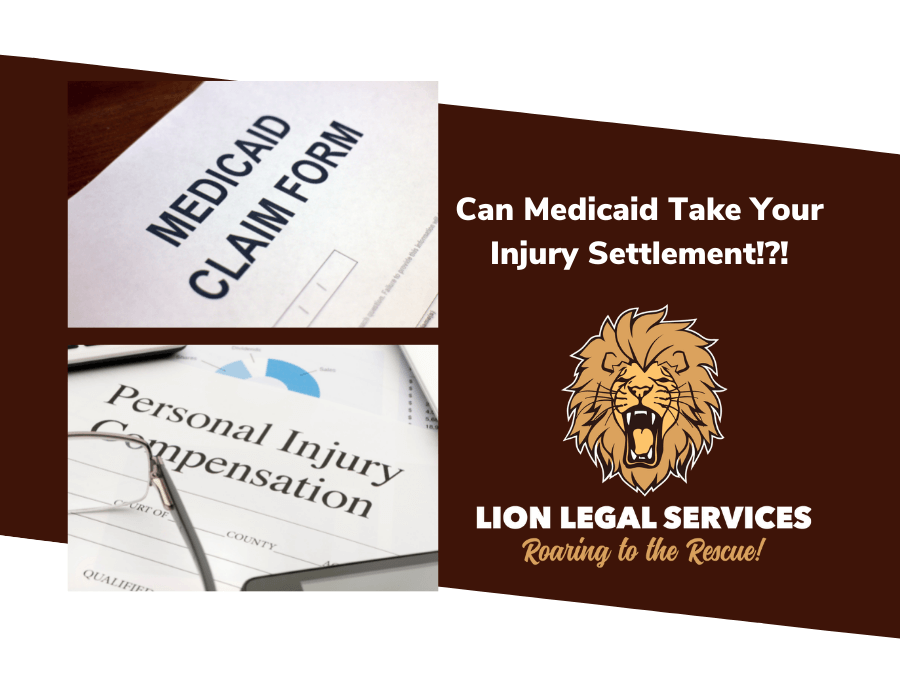Table Of Content

Yet married applicants can transfer up to $126,420 in assets to a spouse under the Community Spouse Resource Allowance (state limits may vary). The value of the applicant’s primary home isn’t counted if the spouse lives in it and the couple’s home equity is not more than $585,000 ($878,000 in some states; California imposes no limit). Lisa Musgrave, a 56-year-old secretary in Nashville, told me she’ll be homeless when the state forecloses on the house she’s been living in for the past eight years to collect on her late mother’s $171,000 Medicaid debt. “If I could afford to pack up and move down the road to another house, that would be fine,” she said. “But I don’t make $80,000 a year,” which is about what it costs to live comfortably in Nashville, where the median price of a home is $320,000.

Program Documents for
Reader: Iowa pushes to the limit what it can recover from Medicaid beneficiaries - Des Moines Register
Reader: Iowa pushes to the limit what it can recover from Medicaid beneficiaries.
Posted: Sun, 28 Aug 2016 07:00:00 GMT [source]
She says an estate planning attorney knows the law in how to best protect your assets from estate recovery. She says not enough people do this and then when the state comes to recoup costs, it's too late. It is important to note that estate recovery usually applies only when Medicaid covers your long-term care costs, not just if you have Medicaid. Again, if the deceased has a child under 21, child with a disability, or surviving spouse, Medicaid cannot take the home.
What happens when both spouses have passed
Learn who qualifies for Medicare, what the program covers, all about Medicare Advantage, and how to supplement Medicare’s coverage. The Medicaid and CHIP Payment and Access Commission's report recommended that Congress reverse the 1993 law that required states to recover money from estates, instead making it optional. The measure would also require better disclosure of fee increases in assisted living centers and managed residential care communities. Facilities would have to reveal how frequently they increase fees and make them clear in contracts with residents. Bolinsky praised the move toward presumptive eligibility, saying he knew multiple people who were pushed toward a nursing home while they awaited Medicaid enrollment authorization. It mandates that workers at home health, home aide and hospice care agencies wear a badge with their name and photograph during each client visit.
Who can tell me if I have Medicaid health coverage?
Now, Tennessee's Medicaid office says she owes $225,000 and the state is seeking a court order that would require Mfalme to sell the house to pay up. New York and Ohio topped the country for such collections, recovering more than $100 million combined in a single year, a Dayton Daily News investigation found. The state settled with the LoGrandes in 2019 and released its claim on the house.
Can Medicare or Medicaid Take Your House?
They also can assist you in determining whether you are eligible for Medicaid nursing home coverage. You generally do not have to sell your home to qualify for Medicaid for nursing home coverage. However, it’s possible for the state to file a lien against your home after you die. For those who can afford it and who can qualify for coverage, long-term care insurance is the best alternative to Medicaid. If steps aren't taken to protect the Medicaid recipient's house from the state’s attempts to recover benefits paid, the house may need to be sold.
Can You Transfer Your Medicare and Medicaid Plans When You Move to Another State?
Keeping the home out of probate keeps one’s home, and proceeds from selling it, safe from Medicaid. This is because only assets solely owned by the deceased go through probate, which means if the house is jointly owned, it will not be included in the probate estate. This is when the home is jointly owned and rather than the deceased’s share of the home automatically inherited by the other owner, the beneficiary is named in the will.
If you live in the home when your spouse passes away, Medicaid will not take your house because it is exempt from the estate recovery process as long as you remain living in the house. The California Medicaid agency, for instance, does not attempt to include the home in its estate recovery process if the spouse who does not receive Medicaid outlives the recipient spouse. The Medicaid repayment requirement may be deferred until the surviving spouse dies in states like Oregon.
Learn how a special needs trust can preserve assets for a person with disabilities without jeopardizing Medicaid and SSI, and how to plan for when caregivers are gone. Medicaid will not count a nursing home resident's home as an asset when determining whether they are eligible for Medicaid if the resident intends to return home. (In some states, the nursing home resident must prove a likelihood of returning home.) In addition, the resident's equity interest in the home must be less than $1,071,000 in 2024.
Depending on where you live, your estate could be subject to MERP even if you never accessed long-term care as a Medicaid enrollee. The enactment of OBRA was considered essential to the survival of Medicaid given that almost two-thirds of nursing home residents in the United States are covered by Medicaid. While you can sell your house for fair market value, it may disqualify you for Medicaid.
They must have lived in the home for at least one year immediately prior to their sibling moving into a Medicaid-funded nursing home. This must be done correctly in order to avoid violating Medicaid’s Look Back Period and creating a period of Medicaid ineligibility. Alternatively, contact a Medicaid Planning Professional to learn about estate recovery rules in your state and how to protect your home. Some provisions that were outlined in a separate elder care bill, proposed by Gov. Ned Lamont, were moved Monday into the legislation voted on by the House.
Medicare cannot take your home, since it does not help pay for long-term care. However, whether Medicaid can take your home is a more complex question, with different answers depending on your specific situation. Below, we go into more detail on the Medicaid Estate Recovery Program and different scenarios that impact whether Medicaid can take your home. Most peopleare familiar with liens on homes, especially the mortgage lien. After a lienis recorded by a county’s registry of deeds, title may notbe transferred without the creditor’s knowledge.

Yet with alady bird deed, the homeowner keeps owning the home for life, and thebeneficiary only takes title later. For this reason, using a lady bird deed togive away the home in the look-back period doesn’t count against the owner. The state will let Walter live the rest of his life there, but that does little to comfort him. Then, in 2007, Oliver started showing signs of dementia, and shortly thereafter, he too was diagnosed with Alzheimer’s. Now Tawanda spent her days caring for both her mother and her husband, shuttling them back and forth to doctor’s appointments, giving baths, clipping toenails, changing diapers.
The Medicaid program provides health coverage to eligible low-income adults, children, pregnant women, elderly adults and people with disabilities. Medicaid is administered and operated by the Louisiana Department of Health, according to federal laws and regulations. The federal government works with the state Medicaid agency to make sure they comply with federal laws and regulations. The Medicaid program is funded by the state and the federal government. In addition to the exemptions mentioned, placing your home in an irrevocable trust is a way to protect your house. The terms of the trust cannot be changed, the trust maker no longer owns the assets, and the trustee manages the trust itself.
The federal government has a resource page that includes websites for state long-term care programs and information. States are allowed to recover Medicaid funds from assets that avoid probate, such as those that pass through a living trust or a joint tenancy (the holding of an estate or property by two or more parties). Like expanded Medicaid, eligibility for the ACA's premium subsidies (premium tax credits) is also based only on income, without regard for assets. And premium subsidies to offset the cost of private coverage are not available to those who are eligible for Medicaid. An elder law expert in your area will understand the rules specific to where you live.
They also say many states fail to warn people who sign up for Medicaid that big bills and claims to their property might await their families once they die. Medicaid isn’t in the business of “taking” seniors’ homes while they are alive. However, upon the death of a Medicaid recipient, the state may seek repayment of its outlays for the senior’s long-term care. This has become increasingly common as more seniors require long-term care but do not have the personal funds to pay for it. The Sibling Exemption allows the home to be transferred to a sibling who is part owner of the house.
This is a completely different type of Medicaid than the program that was created by the new health care law. First of all, to get it, you have to be sick or disabled enough to need long-term care. Second, you must have already "spent down" most of your assets, although not your home if there's a spouse or disabled adult child still living there. If there is money in the beneficiary’s estate after they pass away, the state will attempt to recover the cost of care from the estate.

No comments:
Post a Comment